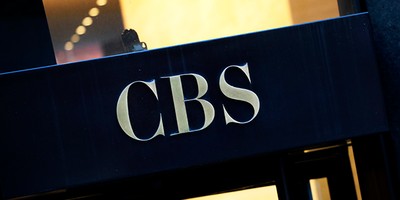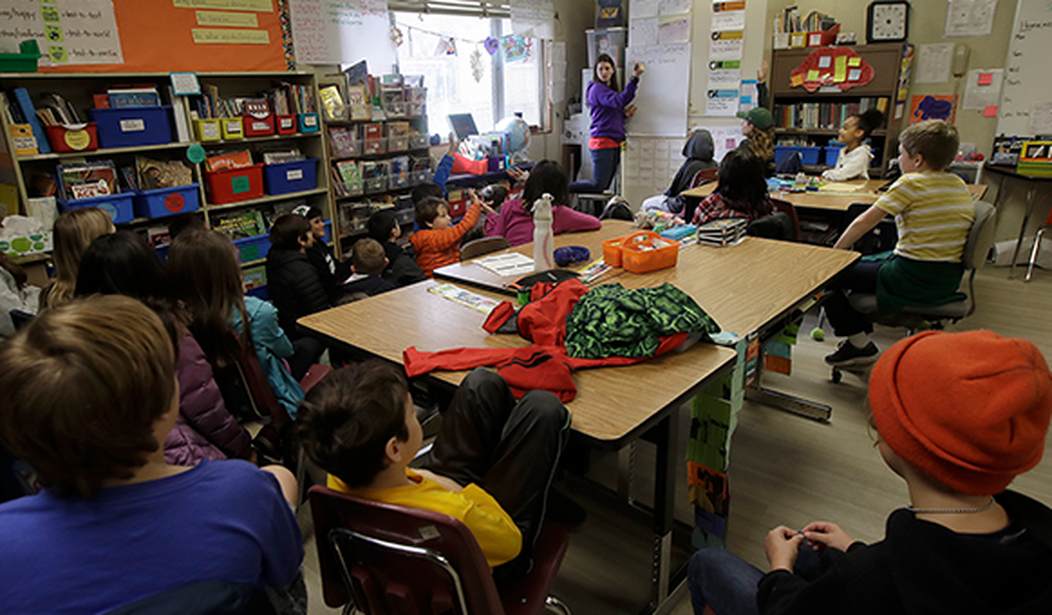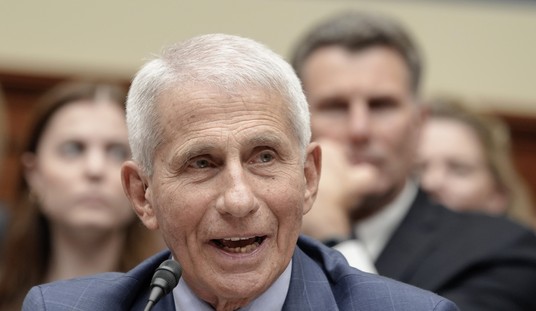“°I am not a charter school fan” Joe Biden declared in his 2020 presidential campaign. That’s disappointing, but not surprising, coming from the self declared “most pro-union president” in history.
His would-be successor, Kamala Harris, claims to be still equivocating over her position on charter schools, as is her wont. But she has the enthusiastic support of the teachers’ unions, so that’s a bad sign, too.
Her dilemma is that the teachers’ unions, the political partners of the Democrats, are dead-set in their opposition to charter schools for two reasons. They expose the education failures of the union-dominated district schools, and most charter school teachers aren’t unionized and, therefore, don’t pay union dues.
Charter schools, first created in the 1990s, are publicly funded but independently administered. They don’t charge tuition and aren’t allowed to “cherry-pick” the best students.
Charter school opponents once could claim that charter schools “don’t work” to improve academic outcomes. But we know now that this is not the case.
Stanford’s Center for Research in Education Outcomes (CREDO) ) released a 2023 report tracking charter school outcomes over 15 years. The study covered 2 million charter school students in 29 states, with a control group in district schools. It is arguably the most comprehensive, credible study ever done of charter schools.
The conclusion was decisive. Most charter schools “produce superior student gains despite enrolling a more challenging student population.”
CREDO’s first study, in 2009, showed no improvement in student outcomes from charters, a result still cited as evidence that charters fail to help those deemed “uneducable” by some. However, each subsequent CREDO report has shown improvement and superior overall performance.
Recommended
New York charter school students improved their reading skills by 75 days and math skills by 73 days each year compared with traditional schools. In Washington state, the numbers were 29 days in reading and 30 in math. In Illinois, it was 40 in reading and 48 in math.
The recent study also showed that black and Hispanic students achieved disproportionately large gains. A section in the CREDO report described several “gap-busting schools” that educate students from underprivileged backgrounds to perform at the same level as white peers; so much for the myth of “uneducable” students.
The overall statistics would be even better if not for the 15% of charter schools that underperform their local district schools. The telling difference is that failing charter schools can be and are closed while failing district schools just keep on failing year after year.
There is even more good news. Charter schools benefit even those students who do not attend them. According to an analysis by the Fordham Foundation, at least 12 studies indicate that the scores for all publicly enrolled students in a geographic region rise when the number of charter schools increases. Moreover, neighboring schools that don’t experience academic improvement often showed progress in school attendance and behavioral problems due to competing with charters.
The reason is obvious. The mere presence of choices for parents breaks the district school monopoly. Competition brings more accountability and a “customer orientation” that benefits everybody.
It’s no coincidence that while traditional public schools have lost students, charter schools have gained over 300,000 students over the last five years. However, the institutional opponents of charter schools are unmoved by the good news. The growth of charters would undoubtedly be even greater if not for the relentless opposition of the teachers union/Democratic Party axis.
Ironically, for charter school opponents, charters are highly popular with the working class and ethnic minority constituencies they claim to champion. A poll this May by Democrats for Education Reform found that 80% of black parents and 71% of Hispanics had a favorable view of charters, as well they should.
But the teachers’ unions don’t give away their formidable political support and clearly dominate educational policy-making with today’s Democrats. The Biden/Harris administration has continued a program of budget cuts and onerous regulations for charter schools, including a proposed reduction for the Charter Schools Program, which provides grants and was even supported by the Clinton and Obama administrations.
The Democrats – and all of us – have a clear choice to make between the needs of students versus the demands of the teachers’ unions.

























Join the conversation as a VIP Member